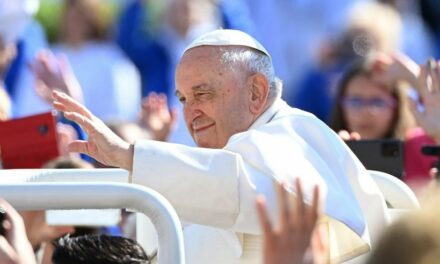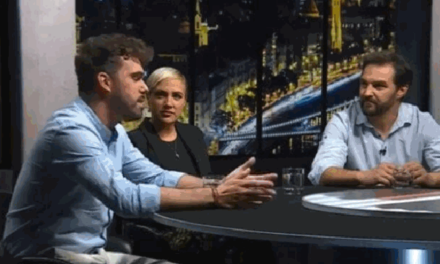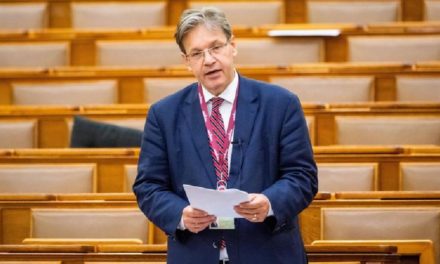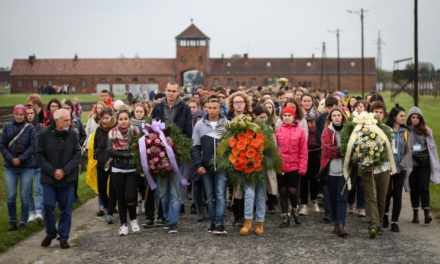Infinite Love is also the source of the liberating and eternal joy that we ask for and wait for on the third Sunday of Advent. In its ever-approaching light, we learn to distinguish what we don't need, we shouldn't ask for more and desire more. In the message of János Kerestelő, who preaches a conversion that calls for rethinking and transforming our lifestyle, the harmony of sobriety, compassion and humility resonates with the brightness of a major chord. - we can hear Father Ferenc Janka's reflections on Vatican Radio.
The clear tone of the moral standard is the teaching to customs officers and soldiers: "do not demand more than what is prescribed" and "be satisfied with the mercenaries". The middle voice of solidarity empathy encourages the sharing of surpluses beyond what is necessary in clothing and food. And the resounding, correct self-knowledge above is the testimony of the water baptizer John, who claims with modesty without envy that the one who comes after him, who baptizes with the Holy Spirit and fire, is not even worthy of untying his shoelace.
Of course, the motif of the sobriety of the basic tone is no longer monotonous, but evokes overtones of different colors in different registers. Be satisfied with the mercenaries, a politeness formula often heard in Switzerland resonates with me. The "How are you?" to a question there, they often answer: "Danke, ich bin zufrieden!", that is, "Thank you, I am satisfied!". I have never heard a "melody" like this in my country.
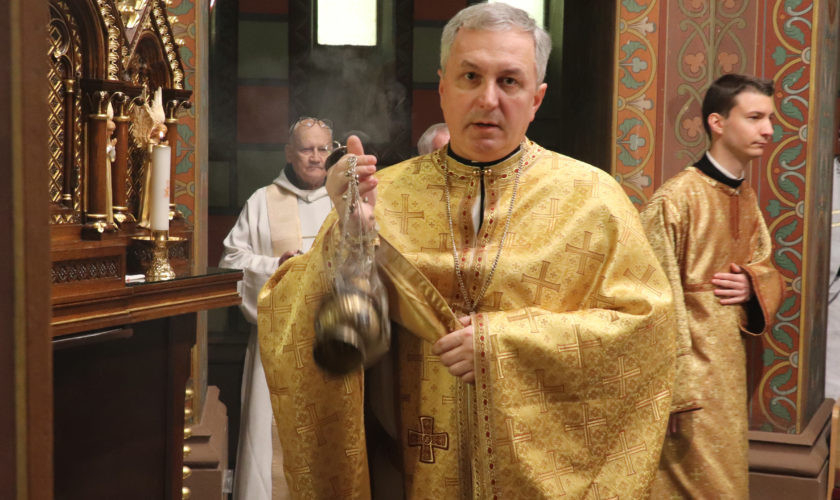
Father Ferenc Janka/Source/Hungarian Kurír
The wisdom of the answer to the customs officers is echoed in a Tolstoy short story. The "How much land does a person need?" its main character is Pahom, a good and hardworking peasant. He goes to regions further and further away from his homeland and buys larger and larger plots of land. Finally, you reach the land of the Bashkirs, where you can get as much land as you can go around in a day at a very favorable price. However, according to the deal, if you don't get back to where you started, your money is wasted. At sunrise, placing his cap and the purchase price on the ground, he sets off confidently and energetically, with a spade in hand, with which he marks the corners of the land to be acquired. At first, he travels long distances, stopping only to rest for a while to eat a bite of bread, drink a sip of water, and dig small mounds in the corners of the earth. When his strength runs out, towards sunset, he realizes that he will hardly be able to make it back. He starts running frantically. The sun has already set in the valley. "It's all over, even if I'm tired!" he thinks. However, from the top of the hill, where it was still light, the Bashkirs waved at him. Gathering his remaining strength, he ran up. He just touched the brim of his cap and collapsed.
"Cheer up, you're a good guy!" exclaimed the leader of the Bashkirs. "You've acquired a lot of land!" Pahom's wage earner also ran over, trying to help his master: blood is leaking from his mouth, and he is lying there dead. The hired man picked up the spade and dug a grave for Pahom, who only needed a piece of land as big as the one he was lying on in order to be buried in it.
Sobriety refers to dealing with earthly possessions: food, drink, clothing, sexuality, money, material possessions, earthly power and glory. Trouble happens when people want to satisfy their desire for infinite love in finite things. Pahom's story should warn us of this serious mistake, because sooner or later we burn out emotionally, spiritually and physically.
Only God's perfect love can be measured by immoderation. Our longing for infinity, but always finite love does not become fatal for us only if we turn to God's infinite love, if we adjust our relationship with ourselves, each other and the goods of the world to his order. Saint Ignatius, who offered his mind, his will, his freedom, everything to God, asks in return that only God's love for him remains his, because all wealth is contained in this.
Infinite Love is also the source of the liberating and eternal joy that we ask for and wait for on the third Sunday of Advent. In its ever-approaching light, we learn to distinguish what we don't need, we shouldn't ask for more and desire more. In it, we understand what we have to give up and what we have to share with each other. Because he is the one who instilled the desire for endless joy and happiness into our cells, into our entire physical, mental and spiritual being, and he is the only one who can fulfill this.
The entire reflection can be viewed on Facebook.
Source: vaticannews
Image: Mária Rádió Transylvania

